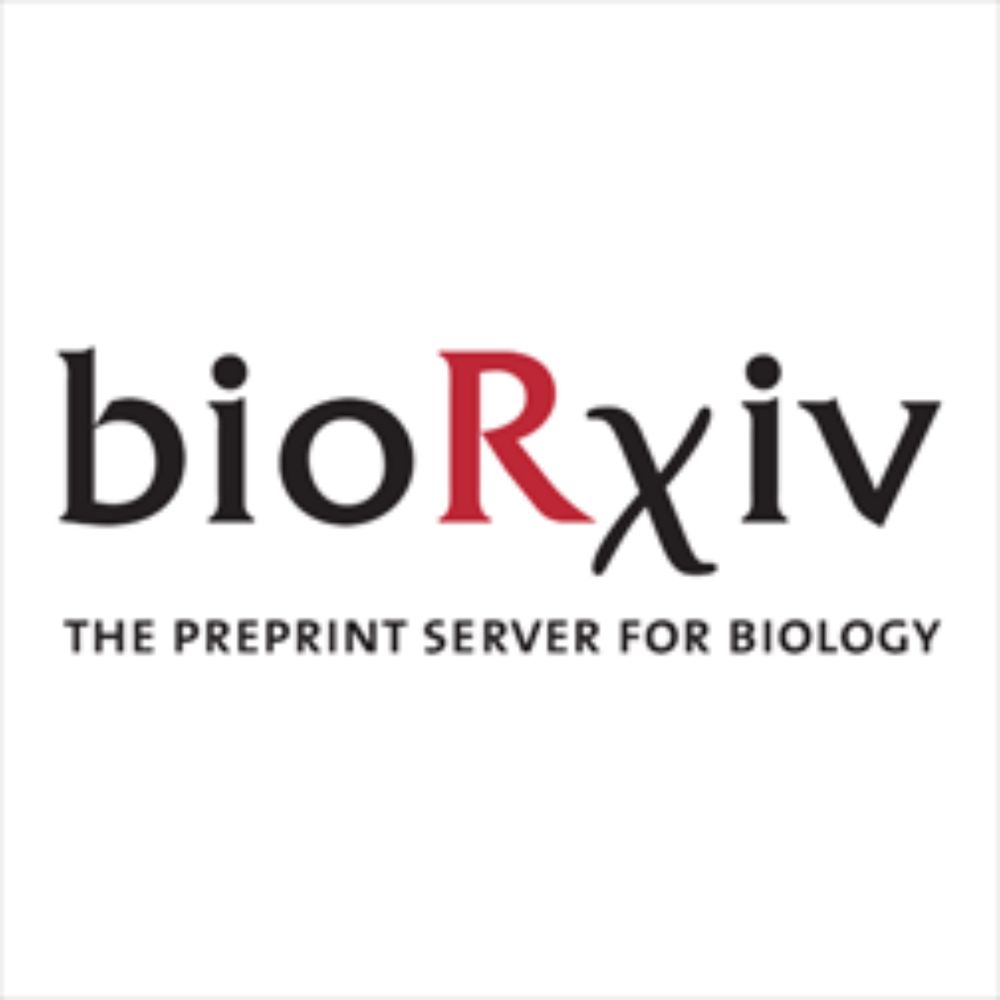



www.biorxiv.org/content/10.1...

www.biorxiv.org/content/10.1...

biorxiv.org/cgi/content/...

biorxiv.org/cgi/content/...
Hiring at all levels—esp. a research tech to help launch the lab! Info: huyckelab.org
#DevBio #CellBio #Hiring

Hiring at all levels—esp. a research tech to help launch the lab! Info: huyckelab.org
#DevBio #CellBio #Hiring


